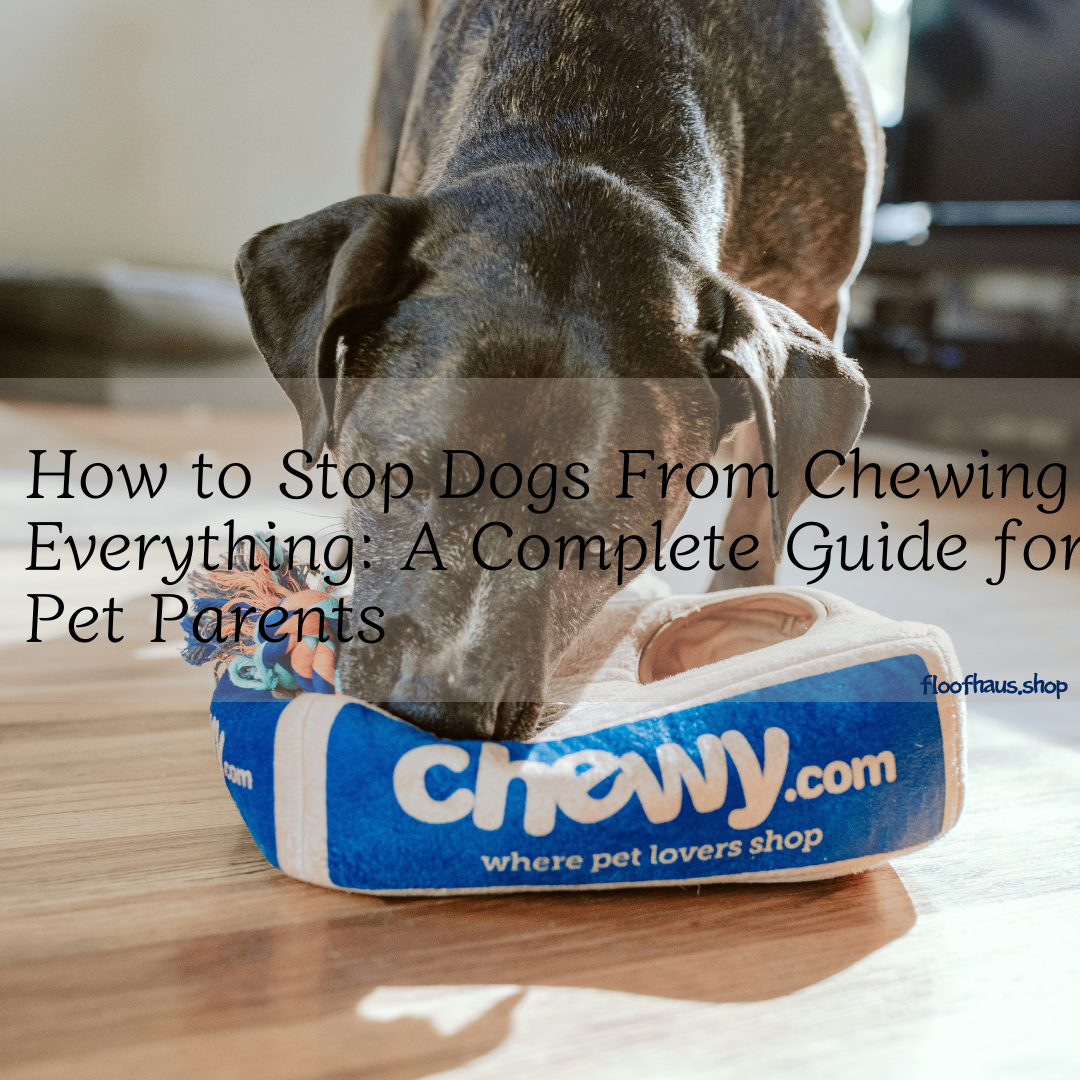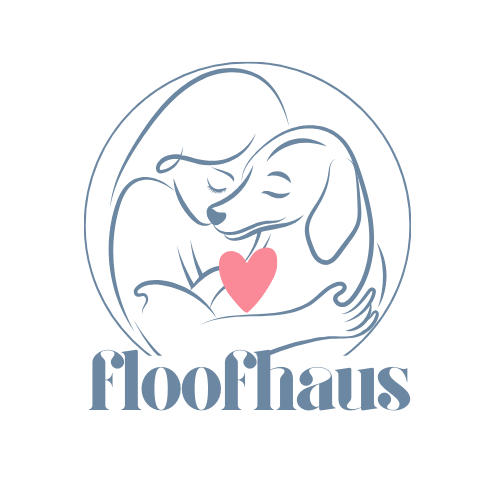
How to Stop Dogs From Chewing Everything: A Complete Guide for Pet Parents
Share

Introduction
Chewing is a completely normal behavior for dogs, but when it turns destructive, it can drive any pet parent crazy. Puppies chew to explore their world and relieve teething discomfort, while adult dogs may chew due to boredom, anxiety, or excess energy.
If you’re struggling with how to stop dogs from chewing everything, don’t worry—you’re not alone. Many pet owners face this challenge, and with the right approach, you can redirect the behavior in a positive way. In this blog, we’ll break down why dogs chew, common mistakes owners make, and proven strategies to prevent destructive chewing for good.
Why Do Dogs Chew?
Before learning how to stop dogs from chewing everything, it’s important to understand why they chew in the first place.
1. Teething in Puppies
Just like human babies, puppies go through a teething stage (around 3 to 6 months old). Chewing helps relieve the discomfort and encourages healthy adult teeth to grow.
2. Boredom or Lack of Stimulation
Dogs are intelligent and active creatures. Without enough exercise or mental stimulation, they may resort to chewing as a way to entertain themselves.
3. Separation Anxiety
Some dogs experience stress when left alone. Chewing provides comfort and helps release nervous energy.
4. Natural Instinct
Chewing is an instinctive behavior. In the wild, dogs gnaw on bones to keep their teeth clean and strong. Even domesticated dogs retain this urge.
Common Mistakes Owners Make
When trying to stop destructive chewing, many dog owners unknowingly make mistakes that reinforce the behavior.
- Yelling or Punishing: Dogs don’t connect punishment with the act of chewing. This only creates fear, not correction.
- Leaving Tempting Items Around: Shoes, remote controls, and furniture corners are irresistible to dogs. Not managing the environment sets them up to fail.
- Not Providing Alternatives: If your dog doesn’t have safe chew toys, they’ll look for other things to chew.
How to Stop Dogs From Chewing Everything
Now that we know why chewing happens, let’s dive into practical solutions. These strategies are designed to prevent destructive chewing and promote healthier alternatives.
1. Provide Plenty of Chew Toys
One of the easiest and most effective ways to stop chewing is to give your dog appropriate outlets. Invest in durable chew toys like:
- KONG toys (can be stuffed with peanut butter or treats)
- Nylon bones
- Rope toys
Rotate the toys so your dog doesn’t get bored.
2. Exercise and Mental Stimulation
A tired dog is a well-behaved dog. Daily walks, play sessions, and games like fetch or tug-of-war can significantly reduce destructive chewing. Mental games are just as important—try puzzle feeders or training exercises.
3. Crate Training and Management
If your dog chews when left alone, crate training can help. A crate provides a safe space where they can’t access furniture or shoes. Just make sure they have safe chew toys inside the crate.
If you don’t use a crate, consider using baby gates or playpens to limit their access to problem areas.
4. Use Deterrent Sprays
Bitter apple spray or vinegar-water solutions can be applied to furniture legs, shoes, or other chew targets. The unpleasant taste teaches dogs to avoid those items.
5. Address Separation Anxiety
If your dog’s chewing is anxiety-driven, you’ll need to address the root cause. Try:
- Leaving for short periods and gradually increasing the time.
- Providing interactive toys when you leave.
- Playing calming music.
For severe cases, consult a professional trainer or vet.
6. Positive Reinforcement Training
Reward your dog when they chew on appropriate toys. Praise, treats, or playtime reinforce the behavior you want. The more consistent you are, the faster your dog learns.
Special Considerations for Puppies
Puppies are more prone to chewing because of teething. Here are a few extra tips:
- Frozen washcloths: Wet a washcloth, freeze it, and let your puppy chew to soothe gums.
- Soft chew toys: Avoid overly hard toys that can damage developing teeth.
- Supervision: Keep an eye on them to prevent dangerous chewing (like wires or small objects).
What Not to Do
When learning how to stop dogs from chewing everything, avoid these approaches:
- Do not physically punish your dog. It damages trust and can increase anxiety.
- Do not give old shoes or clothes as toys. Dogs can’t tell the difference between old and new, which creates confusion.
- Do not ignore the problem. Chewing won’t go away on its own—it requires consistent training and management.
When to See a Vet
Sometimes, excessive chewing may signal an underlying health issue. Contact your vet if:
- Your dog chews obsessively and cannot be redirected.
- They chew or lick one spot on their body repeatedly.
- They show other signs of anxiety or illness.
Long-Term Success
Consistency is the key. Dogs thrive on routine, so combine exercise, mental stimulation, training, and safe chew outlets. Over time, you’ll notice less destructive chewing and more positive behavior.
Final Thoughts
Chewing is natural, but when it gets out of hand, it can damage your home and strain your relationship with your dog. By understanding the reasons behind the behavior and applying proven strategies, you can finally stop destructive chewing.
At Floofhaus, we believe in building stronger bonds between pets and their humans. With patience, training, and the right tools, you can learn how to stop dogs from chewing everything while keeping your pup happy and healthy.
Sources
American Kennel Club – Why Do Dogs Chew?
ASPCA – Destructive Chewing
VCA Hospitals – Dog Chewing and Destructive Behavior
